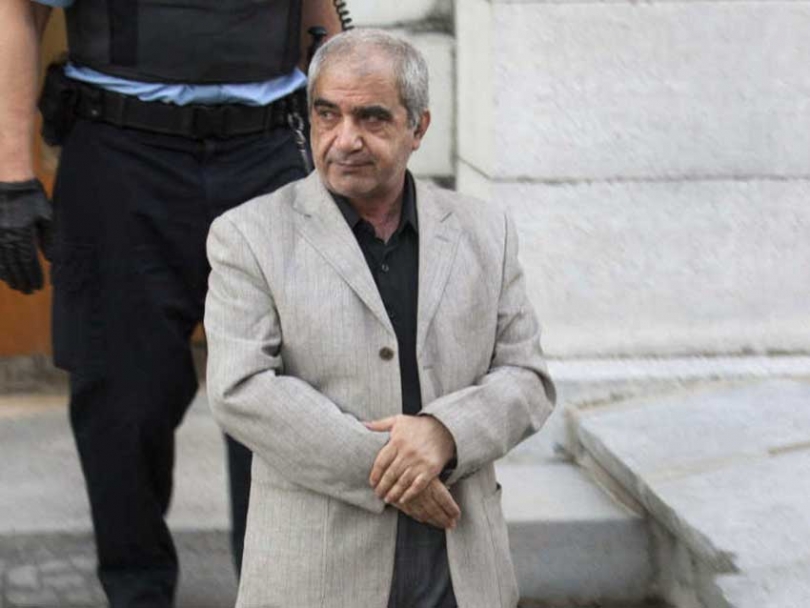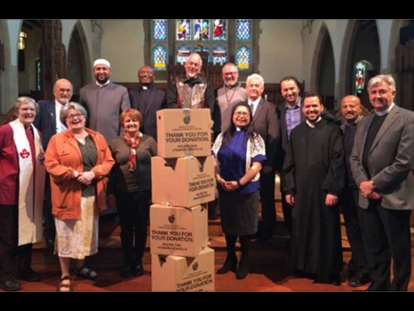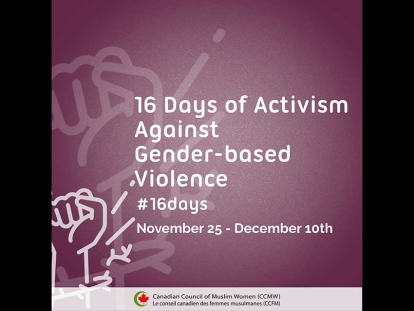 Mohammad Shafia, 58, as he leaves a Kingston courthouse in November. Mr. Shafia, his wife Tooba Yahya, 42, and their son Hamed, 21, were each found guilty of four counts of first-degree murder in the deaths of Mr. Shafia's three teenaged daughters and his first wife.
Photo Credit: http://img.ibtimes.com
Mohammad Shafia, 58, as he leaves a Kingston courthouse in November. Mr. Shafia, his wife Tooba Yahya, 42, and their son Hamed, 21, were each found guilty of four counts of first-degree murder in the deaths of Mr. Shafia's three teenaged daughters and his first wife.
Photo Credit: http://img.ibtimes.com
Feb
A London, Ontario group hopes lessons learned from a project aimed at Chicago street gangs can be applied to curb family violence.
The Family Honour Project was unveiled on Jan. 24 by the Muslim Resource Centre for Social Support and Integration as part of its mission to eradicate domestic violence.
The project was developed in partnership with the renowned CeaseFire group that has been working with Chicago street gangs for 11 years to prevent violence before it occurs.
Although gang shootings and family honour crimes seem quite different, at their core they share one important cause: Both are driven primarily by the fear that a person's reputation or image will be harmed if he or she doesn't respond violently to being treated with a perceived lack of respect.
“At the core, there's a lot of similarities as far as why the violence is perpetrated ”” people feel disrespected, people feel control, a lot of it is power-based,” said Norman Kerr, a CeaseFire advisor.
Mr. Kerr was joined by members of the Muslim Resource centre, including Saleha Khan (vice-chair), Barb MacQuarrie (board member), Mohammed Baobaid (executive director) and Eugene Tremblay (program manager) to announce a new model to prevent domestic abuse. Also in attendance were London Mayor Joe Fontana and London Police Chief Brad Duncan.
The CeaseFire approach suggests that if conflict can be identified and calmed before it spirals out of control, casualties can be avoided. Ultimately, it aims to teach those prone to react violently to change the way they think.
Ms. Khan, vice-chair of the Muslim Resource Centre, said the American project hit on a lot of points local groups wanted to focus on.
“It's around positive imaging, it's about role modeling, it's about providing options, it's about switching the script,” she said. “You have options beyond falling into or responding to that emotional urge that you've got. There's got to be something more.”
So-called honour-related violence occurs when a person is physically punished after engaging in actions that are seen as unacceptable by religious or social standards. Ms. Khan said she hopes how people perceive honour is changed through this project.
“There's nothing honourable about violence,” she said. “There's nothing honourable about domestic violence and we want to maintain that.”
Rather than putting a bandage over the problem, Mr. Kerr explained the model functions more like suturing an existing wound.
“It's really trying to go to the origin because you're trying to prevent other similar incidents,” he said. “You really have to understand what's happening, what's the trend here, what's causing this.”
The model uses a combination of statistics and experience from various community organizations to determine where to concentrate efforts, focus resources and intervene in violence.
“It's worked very well with the gang activity, but the transference to domestic violence is there,” said Mr. Kerr.
While the current focus of the Family Honour Project is Muslim community in London, the project will be shared with other communities across Ontario in the near future.
This article was produced exclusively for Muslim Link and should not be copied without prior permission from the site. For permission, please write to info@muslimlink.ca.















